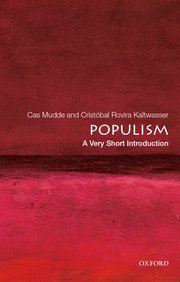 Research suggests that happiness is the main determinant of whether a government gets re-elected, more important than jobs or wages. So why are happy voters backing insurgents and populists? Why is the link between happiness and incumbency breaking? The Economist asks:
Research suggests that happiness is the main determinant of whether a government gets re-elected, more important than jobs or wages. So why are happy voters backing insurgents and populists? Why is the link between happiness and incumbency breaking? The Economist asks:
- One possible answer is to say that support for both populism and happiness is going up because people are getting older. ….
- A second possibility is that happiness is influencing politics but not the kind that is usually studied. Psychologists distinguish between two sorts: “evaluative” and “hedonic”. Evaluative measures answer the question: how do you evaluate your life at the moment? Hedonic ones answer the question: were you angry, or happy, or worried yesterday? …
- Finally, it is possible that populists do well in countries with lots of happy people, even if happy people are less likely to vote for populists. This might be, suggests Cas Mudde of the University of Georgia, because such countries tend to be richer, and so economic concerns can take second place to social and cultural matters such as immigration, race and religion.
“One last factor to consider is less to do with voters than with politicians,” The Economist adds. “This is that populists are using social media more adeptly than mainstream parties are.”
Right- and left-wing populist movements have grown around the world in the last decade, but right- and left-wing populists feature remarkable differences, notes Mudde. (co-author of Populism: A Very Short Introduction). He joins Andrea Kendall-Taylor and Rachel Rizzo to discuss contemporary populism.







